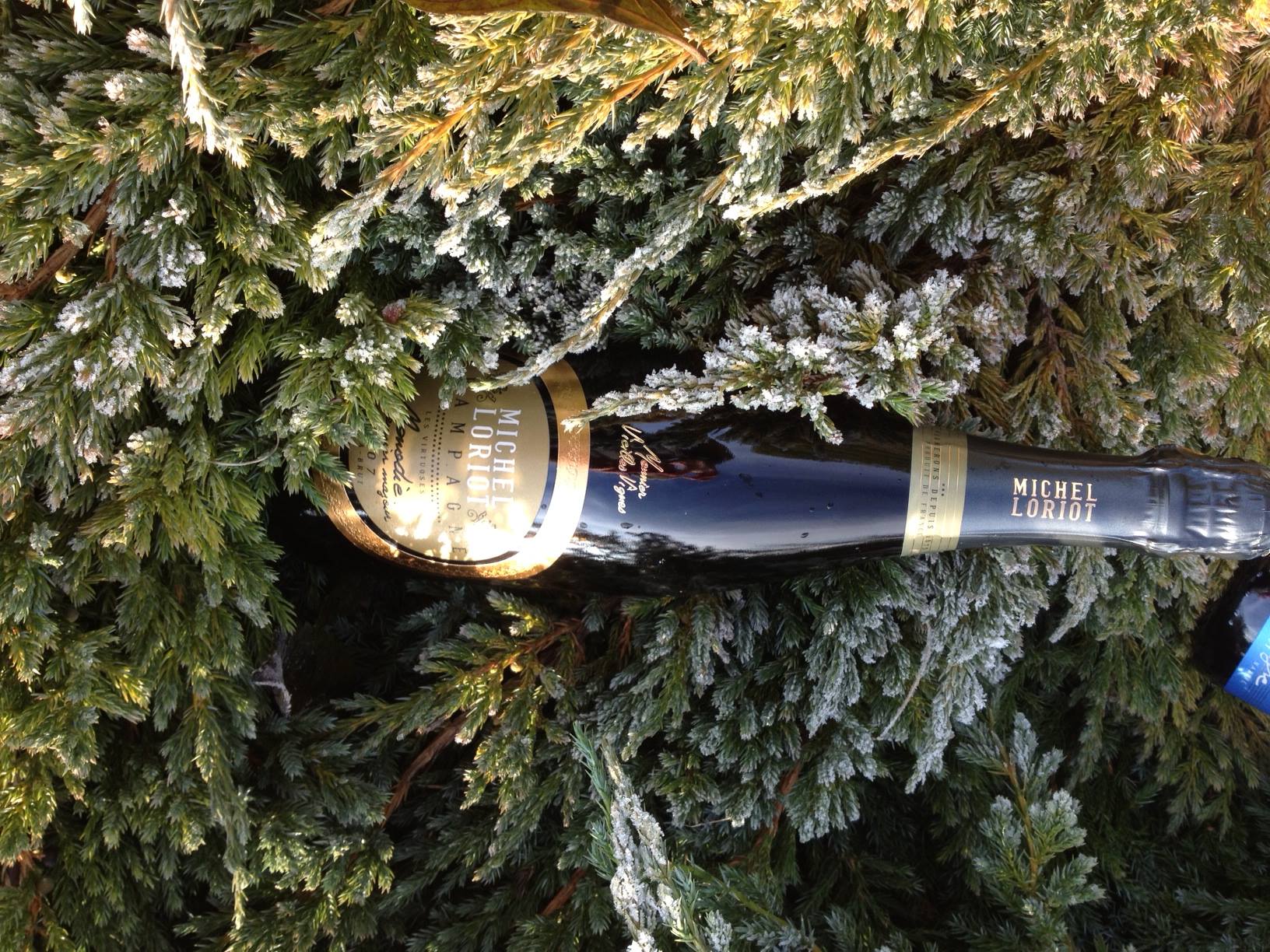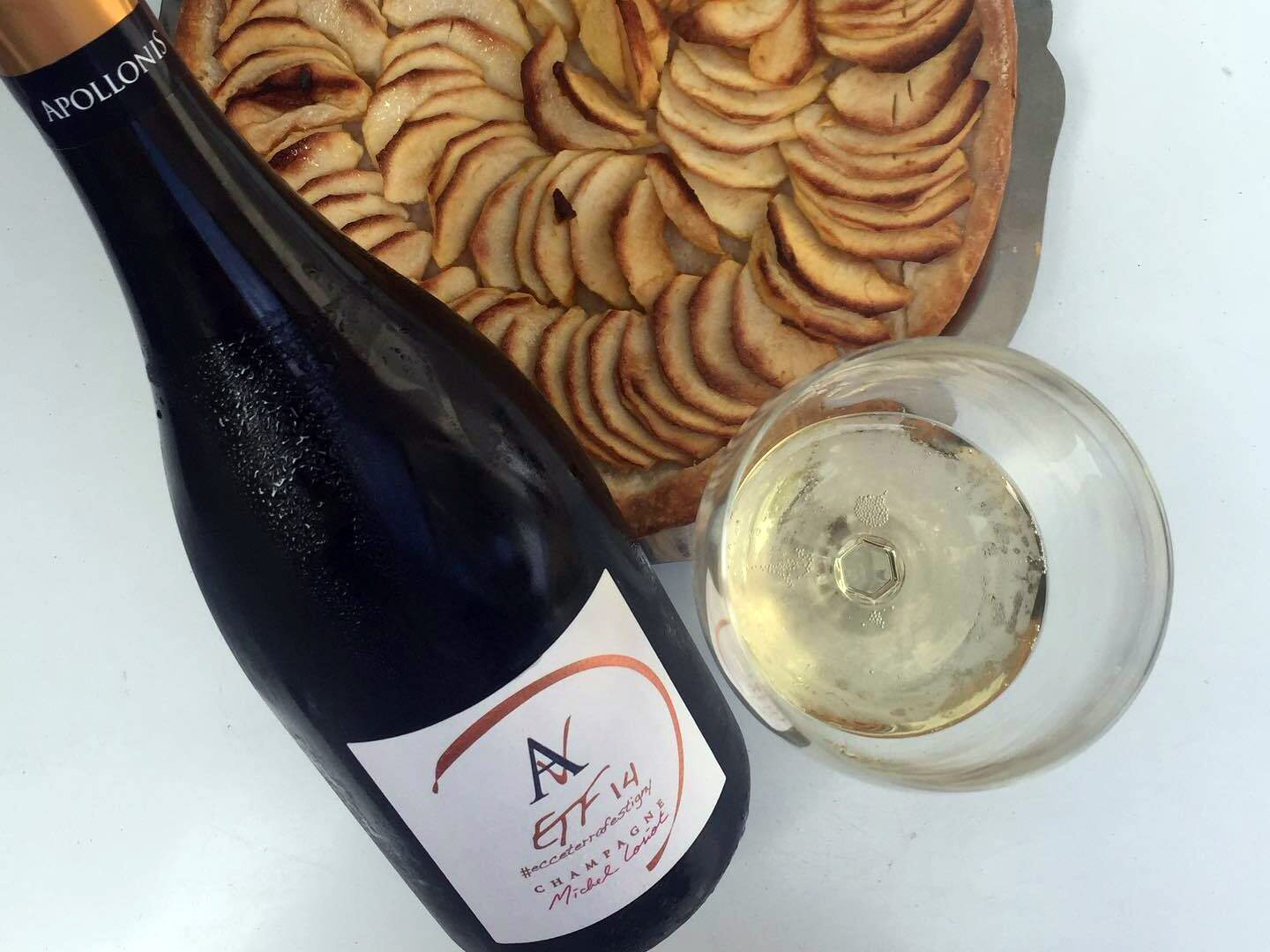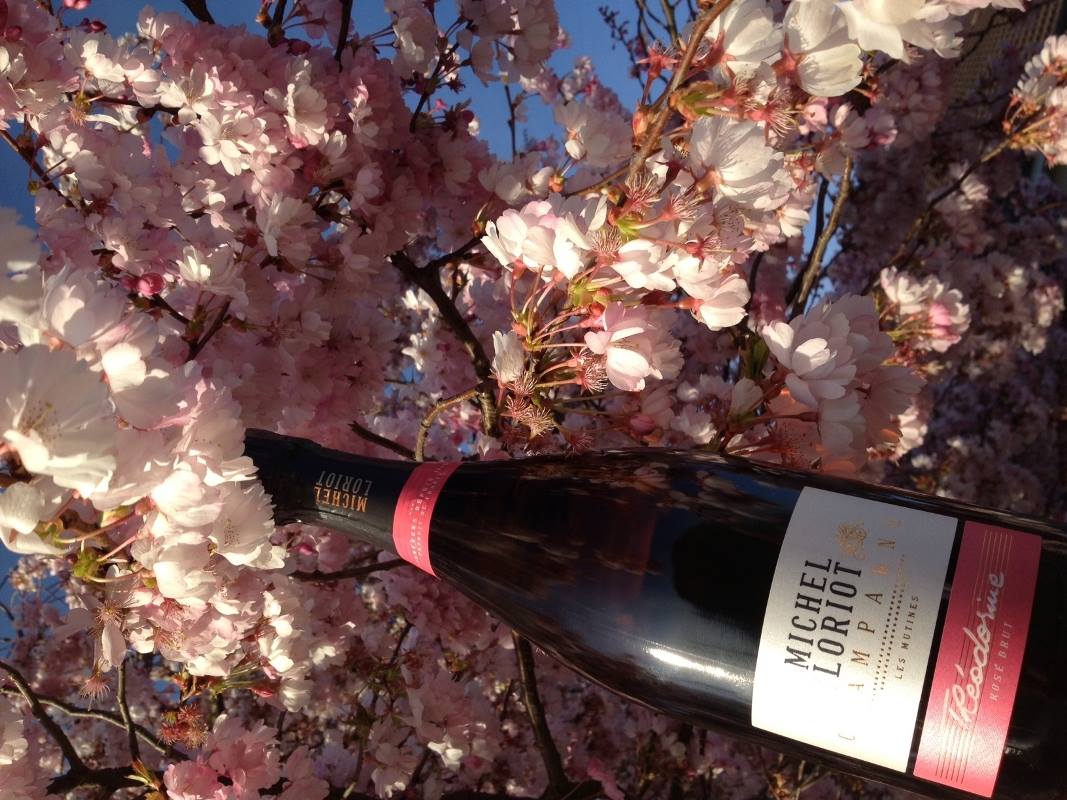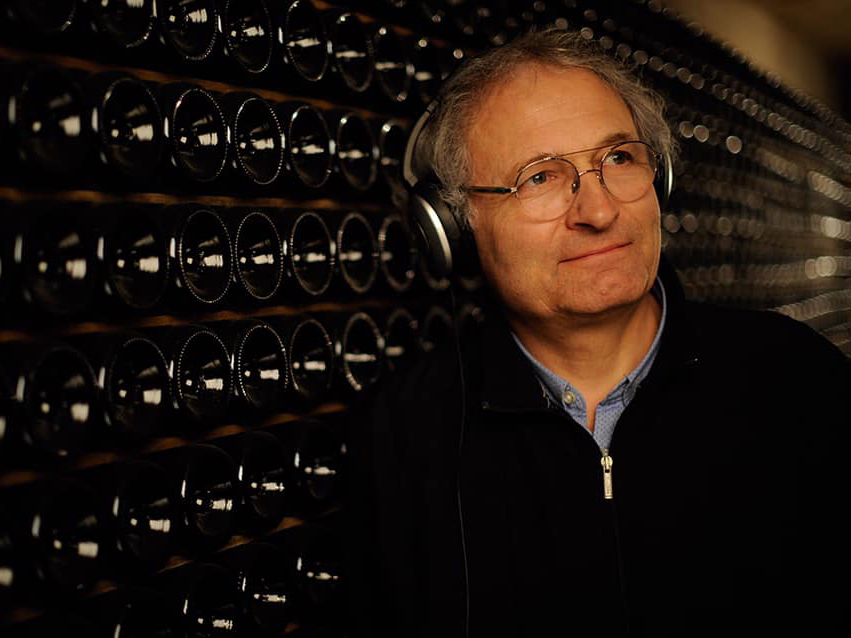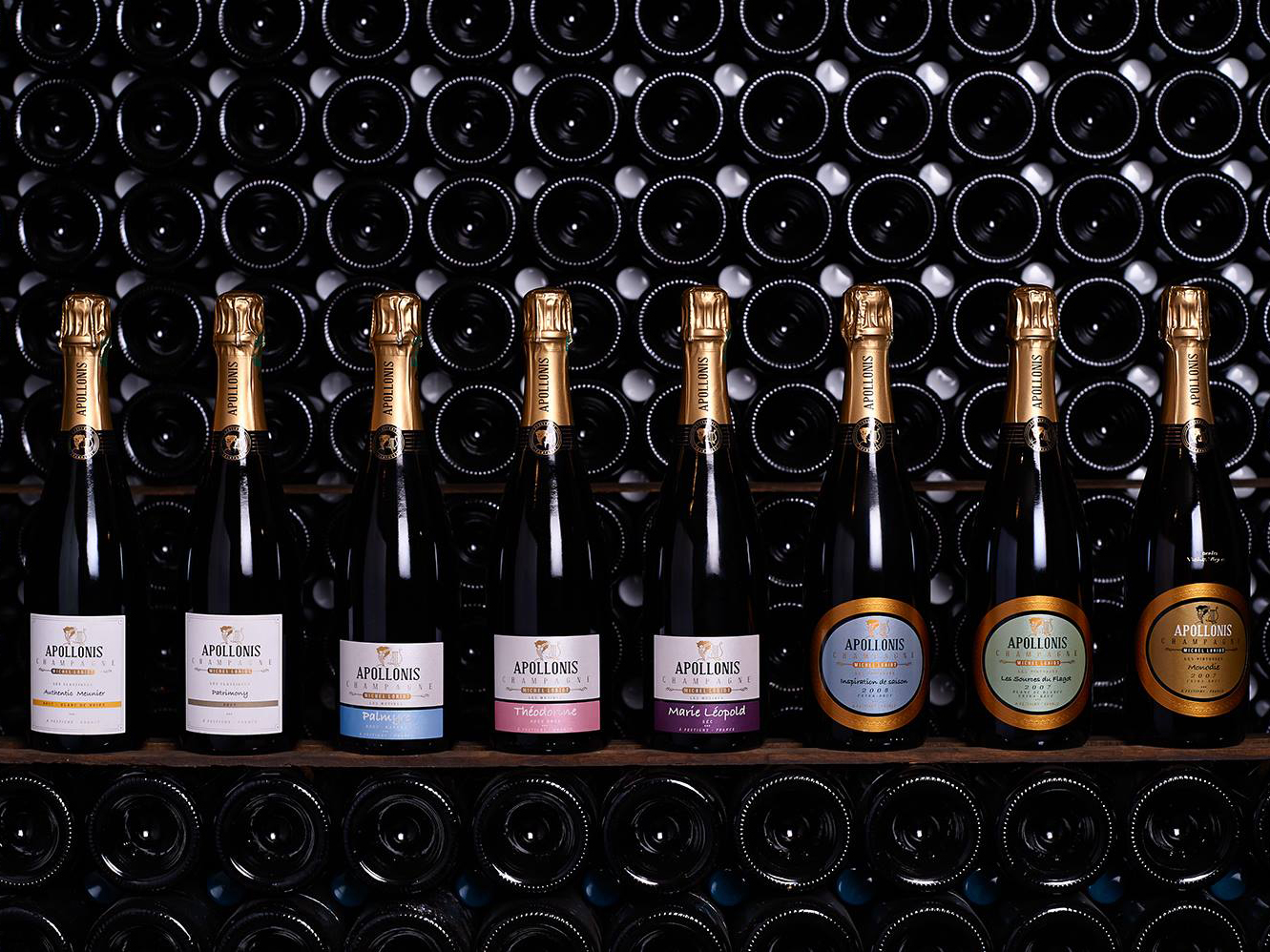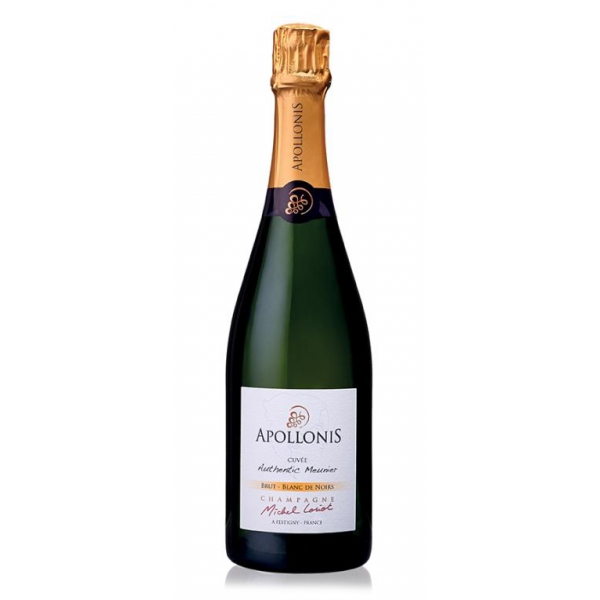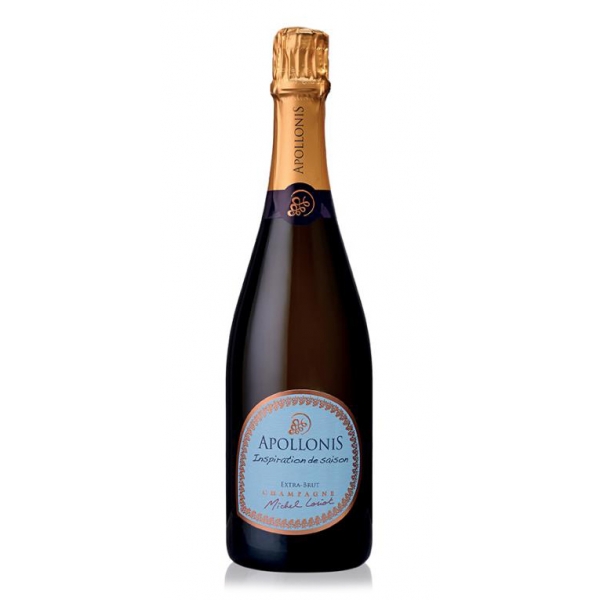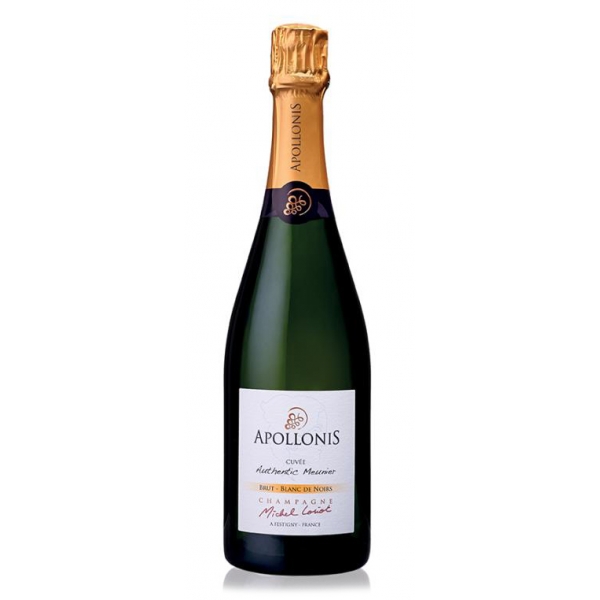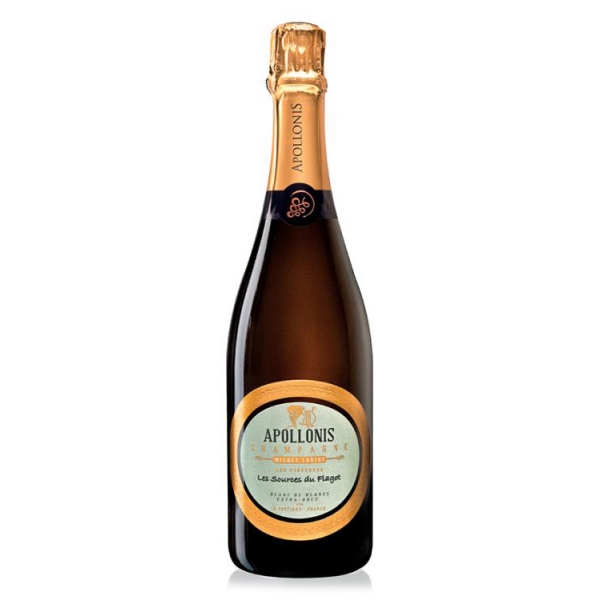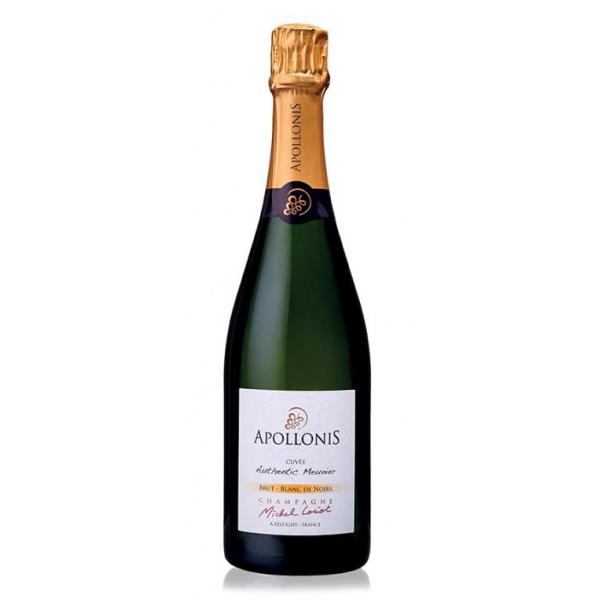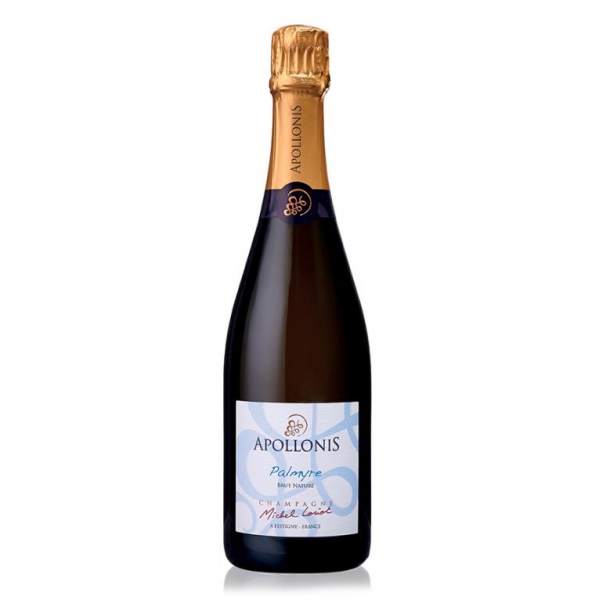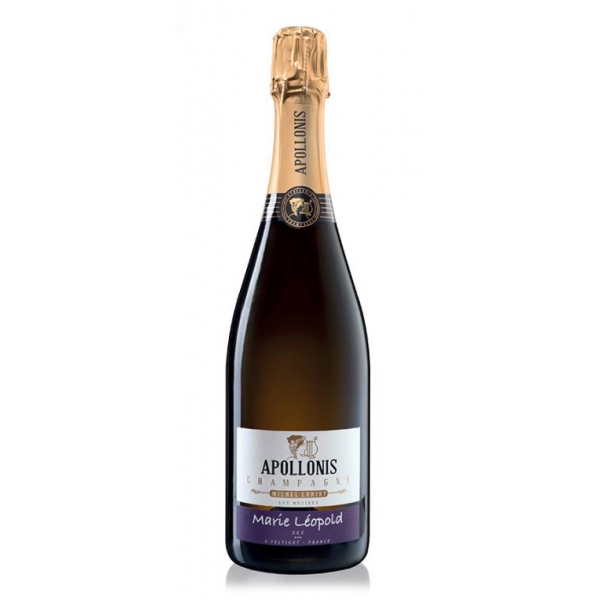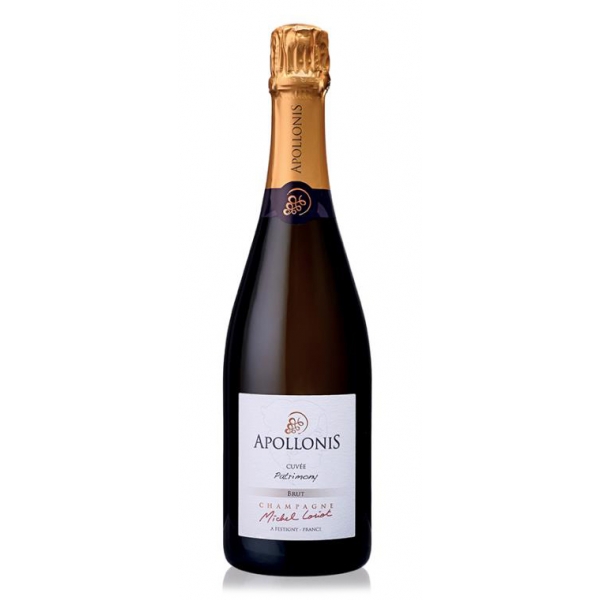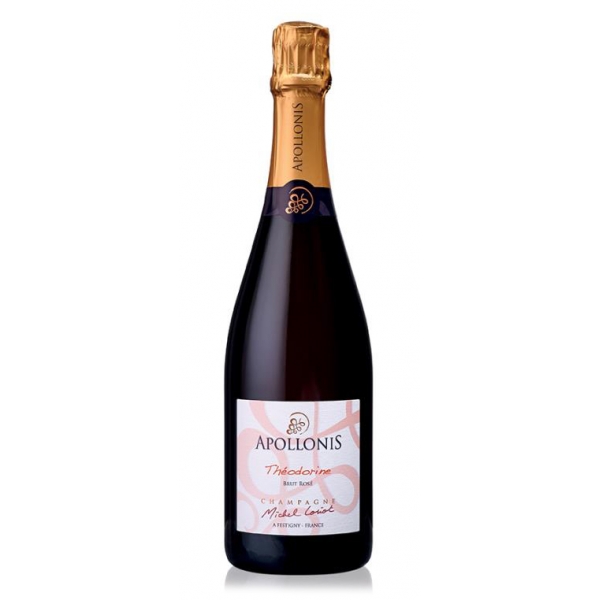No products
Categories
- Fashion Accessories
- Clothing
- Beauty & Lifestyle
-
Hi-Tech & Lifestyle
- Gaming
-
Case
- iPhone 11 Pro
- iPhone 11 Pro Max
- iPhone 11
- iPhone X / XS
- iPhone XS Max
- Samsung S10 / S10+ / S10e
- Huawei P30 / P30 Pro / P30 Lite
- Huawei P20 / P20 Pro / P20 Lite
- iPhone XR
- Samsung S9
- Samsung S9+
- iPhone 8 / 7
- iPhone 8 Plus / 7 Plus
- Samsung S8
- Samsung S8+
- Samsung S7
- Samsung S7 Edge
- iPhone 6 / 6 s
- iPhone 6 Plus / 6 s Plus
- iPhone 5 / SE
- Skin
- Audio
- Smart Home
- Drones & Hoverboard
- Photo & Video
- Desk Supplies
- Accessories
- Games
- Beverages
- Food
- Home
- Jewelry
- Luxury
- Travel
- Art
- Footwear
- Vintage Fashion
- Restaurants
- Sport
- Animals
- Gift Ideas
- Kidswear
Extra
Viewed Products
-

Ab Ove - Twine Round Ring in Silver with Black River Pearl - Twine Collection...
Twine round ring in silver with black...
-

Coltellerie Berti - 1895 - Fillet Knife - N. 2510 - Exclusive Artisan Knives...
Exclusive Berti 1895 Knives set....
Champagne Apollonis
Michel Loriot - Quality History
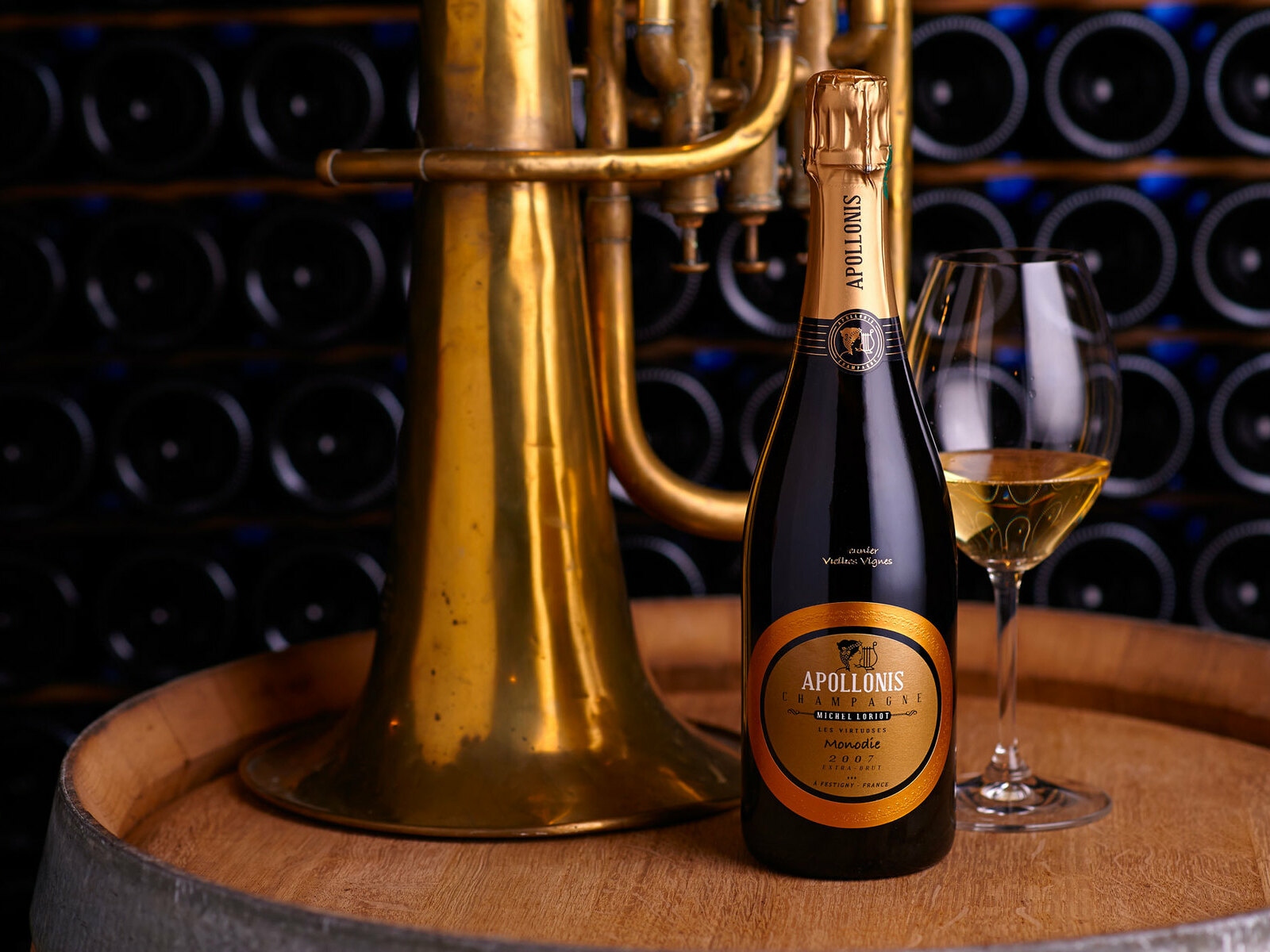
The Loriot family gave the first notes to the Champagne at the end of the 19th century with Leopold (who was born in 1867) and his wife Palmyre Angelina Maximy. Strong figure herself of the Champagne Loriot, she followed the lead of her forebear Mathurin Leboucq, wine grower in Nesle-le-Repons since 1675. A prelude in the heart of La Vallée de la Marne, where Leopold, saxophone player in the Festigny brass band, was the first one to set up a press in the village in 1903. This traditional press has been a symbolic centre piece in the Champagne Michel Loriot’s History. It gave rhythm to many of harvests and is still kept today in the House cellars.
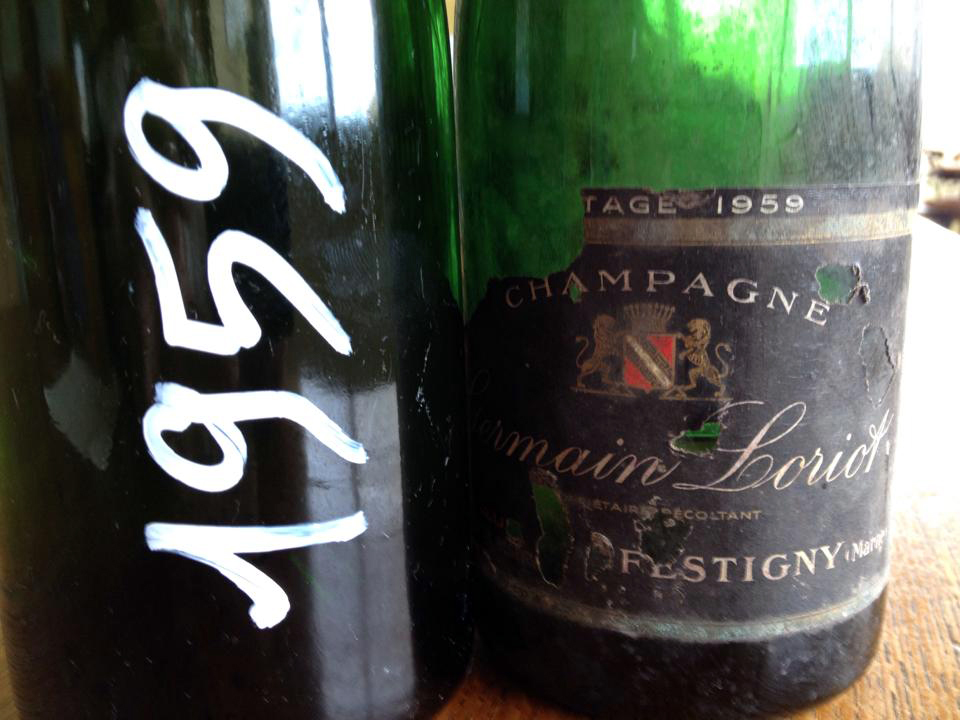
Lo Champagne, The Evolution
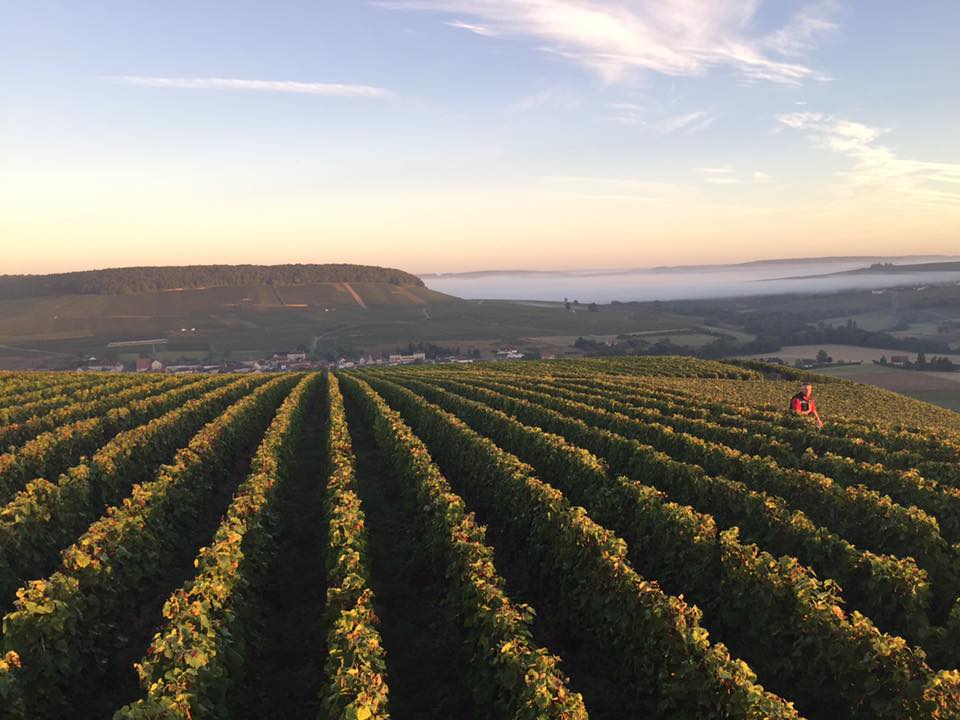
In the 1920s, the champagne vineyard faced a devastating phylloxera epidemic. Following advices from Burgundy, Leopold applied to his vine a stopgap process that is new in Champagne, the grafting.
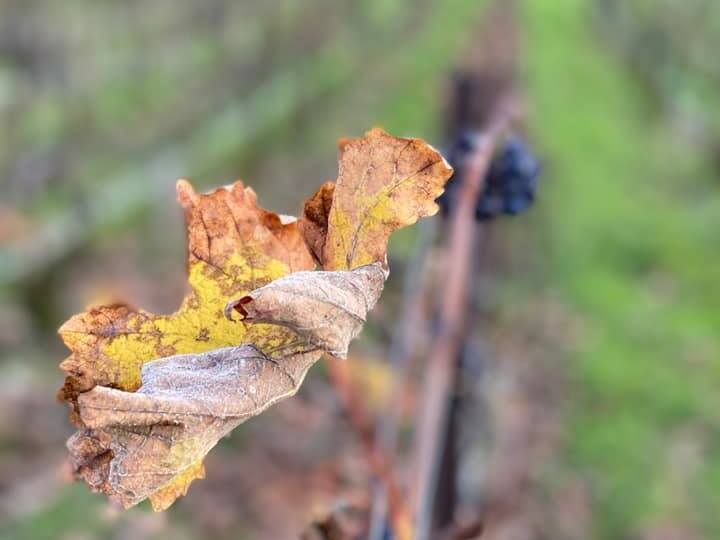
Thus, several plots of Champagne Michel Loriot benefit from a process bearing fruits and previously unseen in Champagne: the music for plants also called "protéodie". Michel LORIOT applies this process to his vine to better resist to diseases and open up.
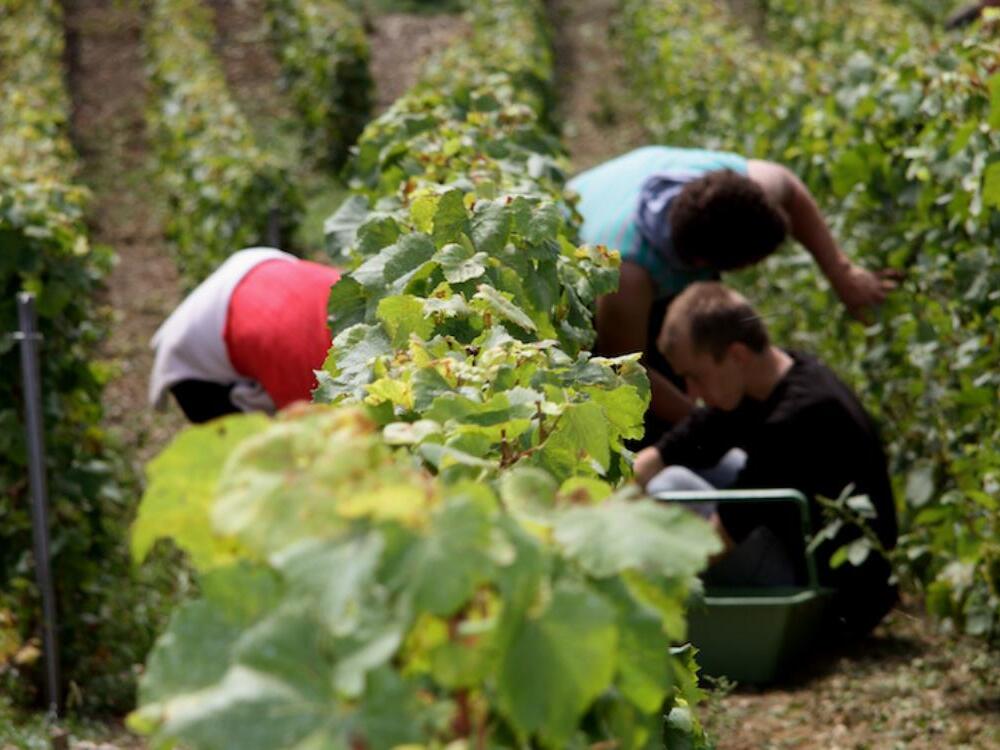
Indeed, Michel Loriot signs his wine with a selection of great classics. The most famous composers rock the bottled wines.

During two months, the bottle fermentation is made with the sound of the Beethoven’s Pastoral Symphony, or, Mozart, Brahms, Vivaldi or Elgar.
The notes arising from these melodies produced an emotion brought by the music and translated in the champagnes.
The Production - Heart and Passion
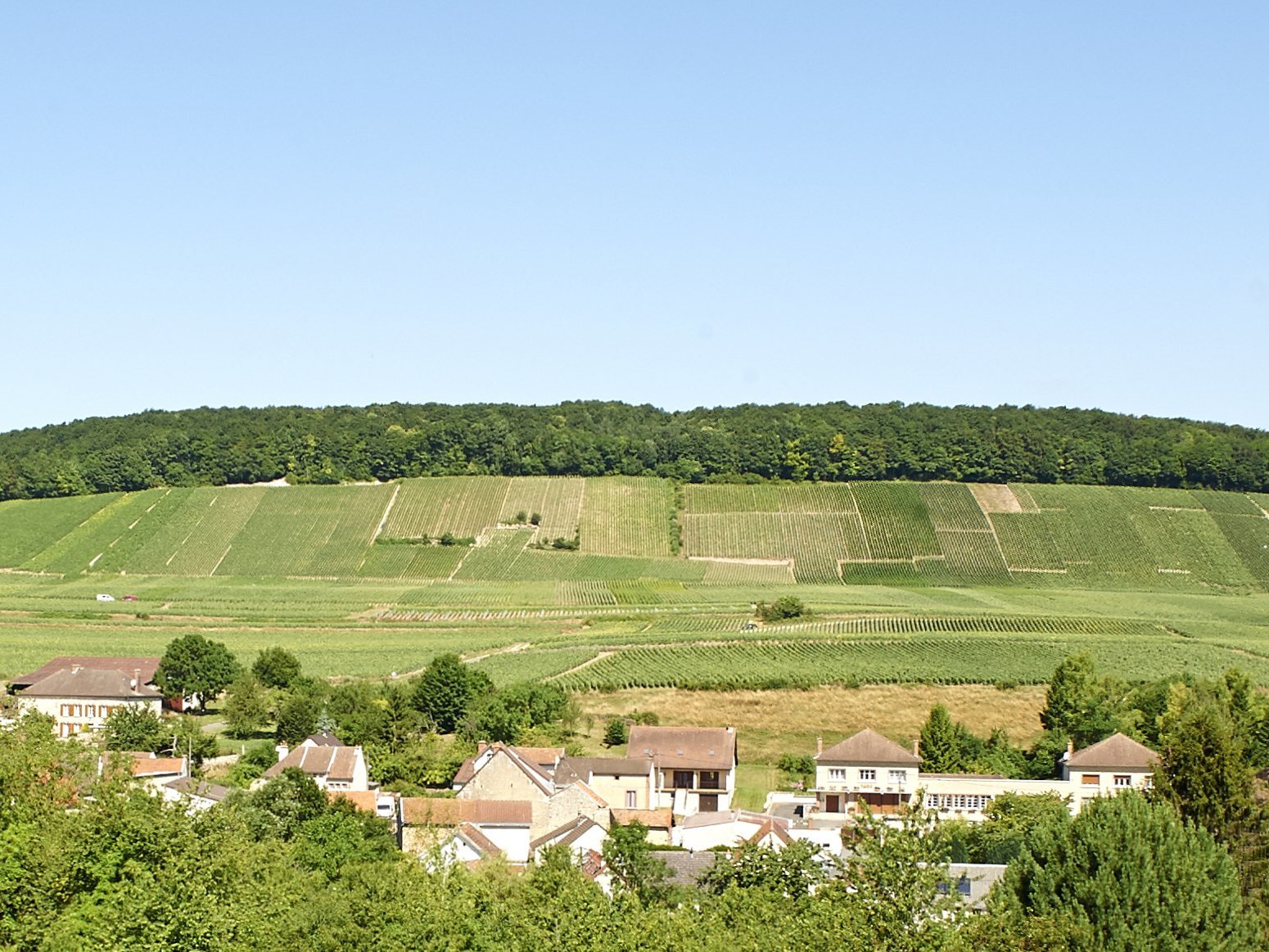
In the family wine farm, the passion for music and wine growing is shared by Martine and Michel Loriot, as well as Marie, their daughter, oenologist, and Alban, her husband, production manager.
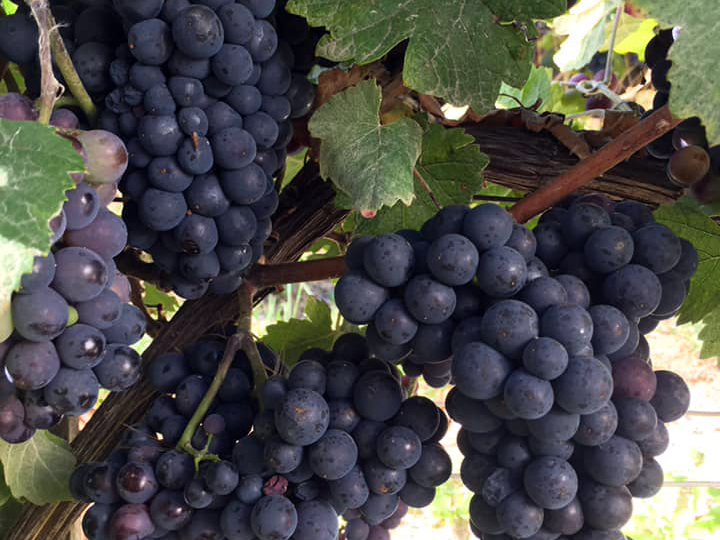
The tenth generation of wine growers of the family is managing the wine farm.
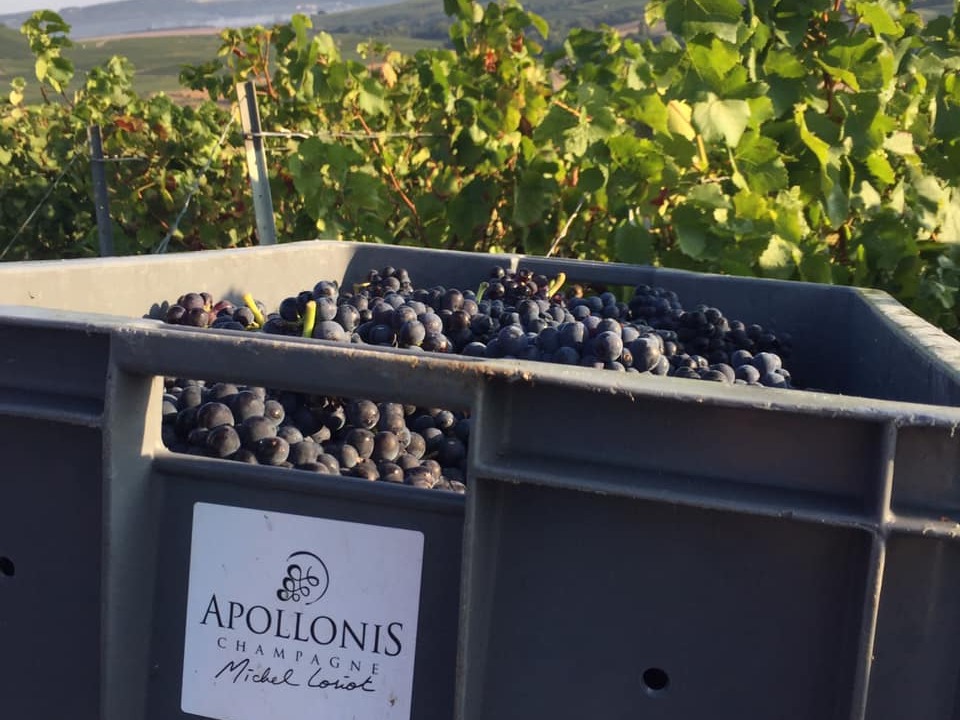
In the house Champagne Michel Loriot, the work starts from the raw material’s growth and transformation to give clients an exceptional finish during tasting.
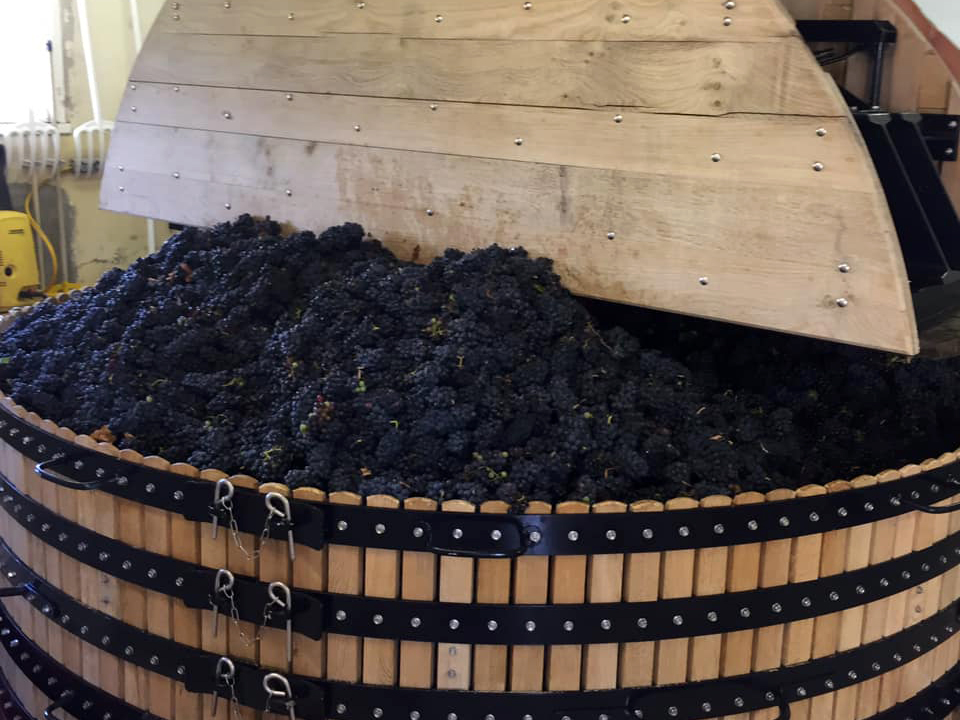
To have high quality grapes, Michel Loriot makes a "Grand Cru" pruning, which makes the vines more qualitative and forces them to draw in the soil with more strength.
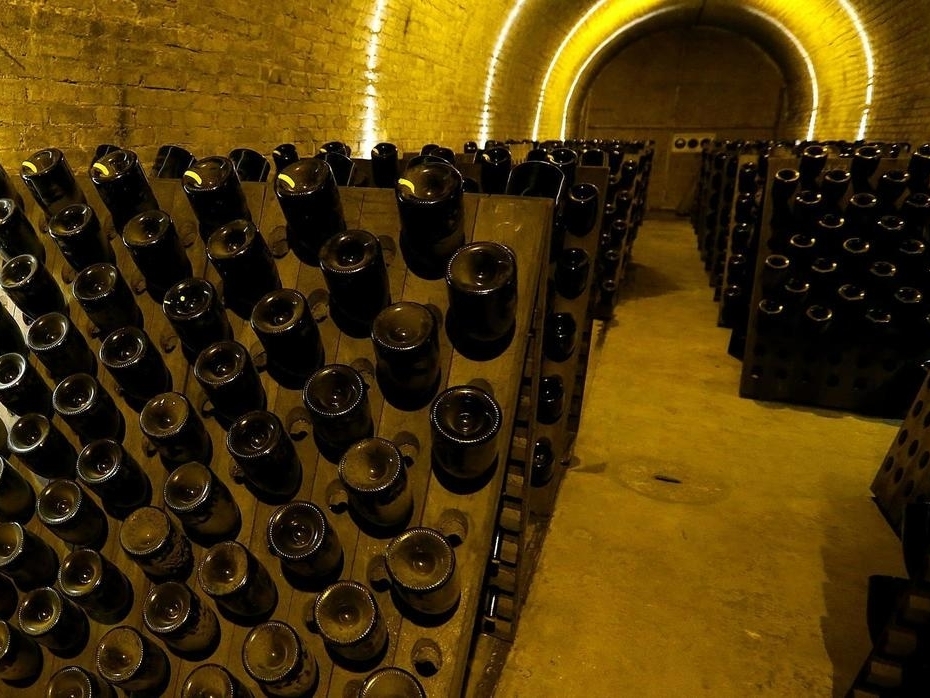
Thanks to this method, the aromas, reflections of the terroir, are highly concentrated.
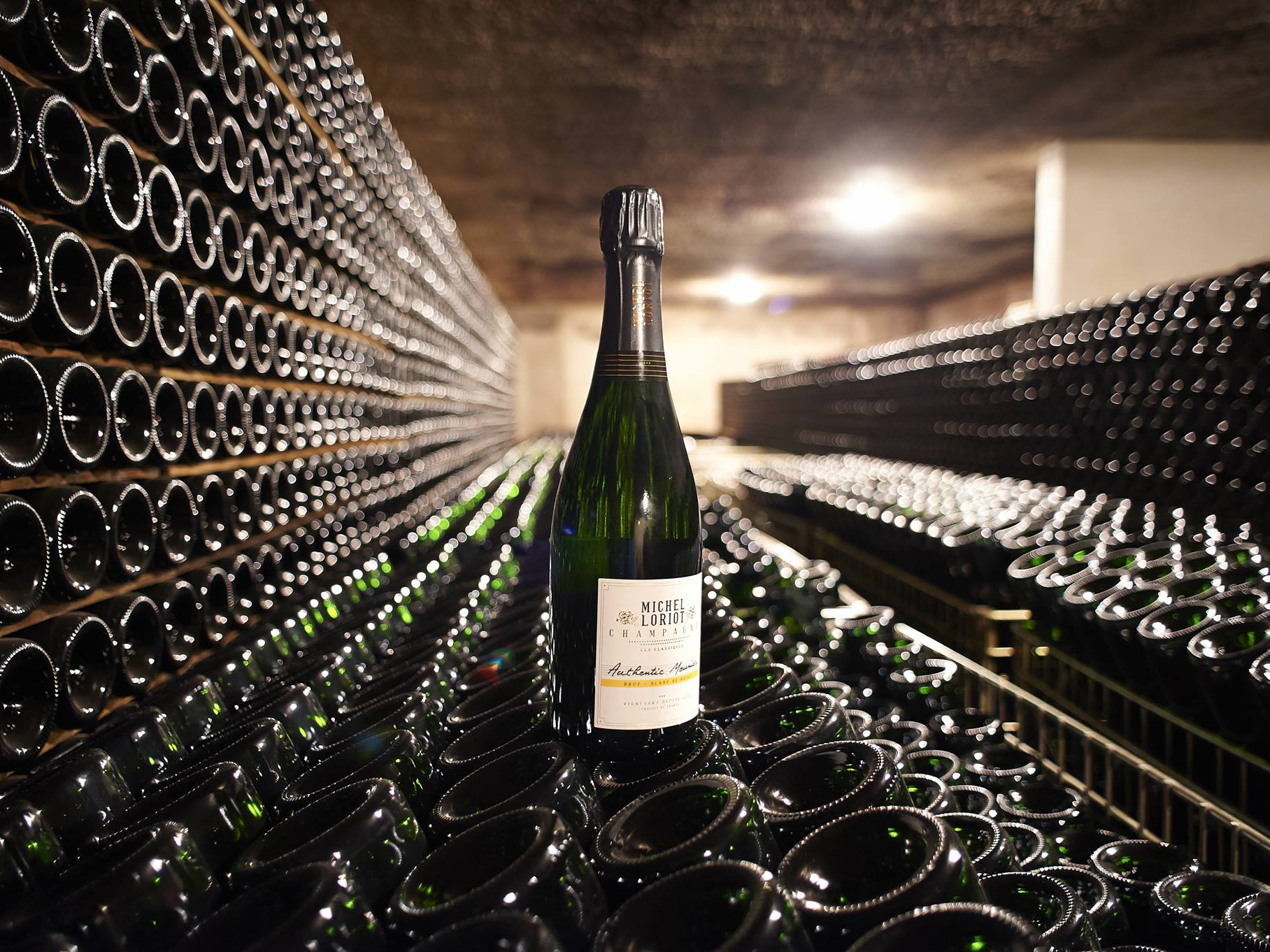
The clear wine tasting is a highlight for the Michel Loriot family. Supported by the knowledge and experience the company composes his next cuvées, as a true conductor.
The farm has its own machines and disgorging is made with complete independence.
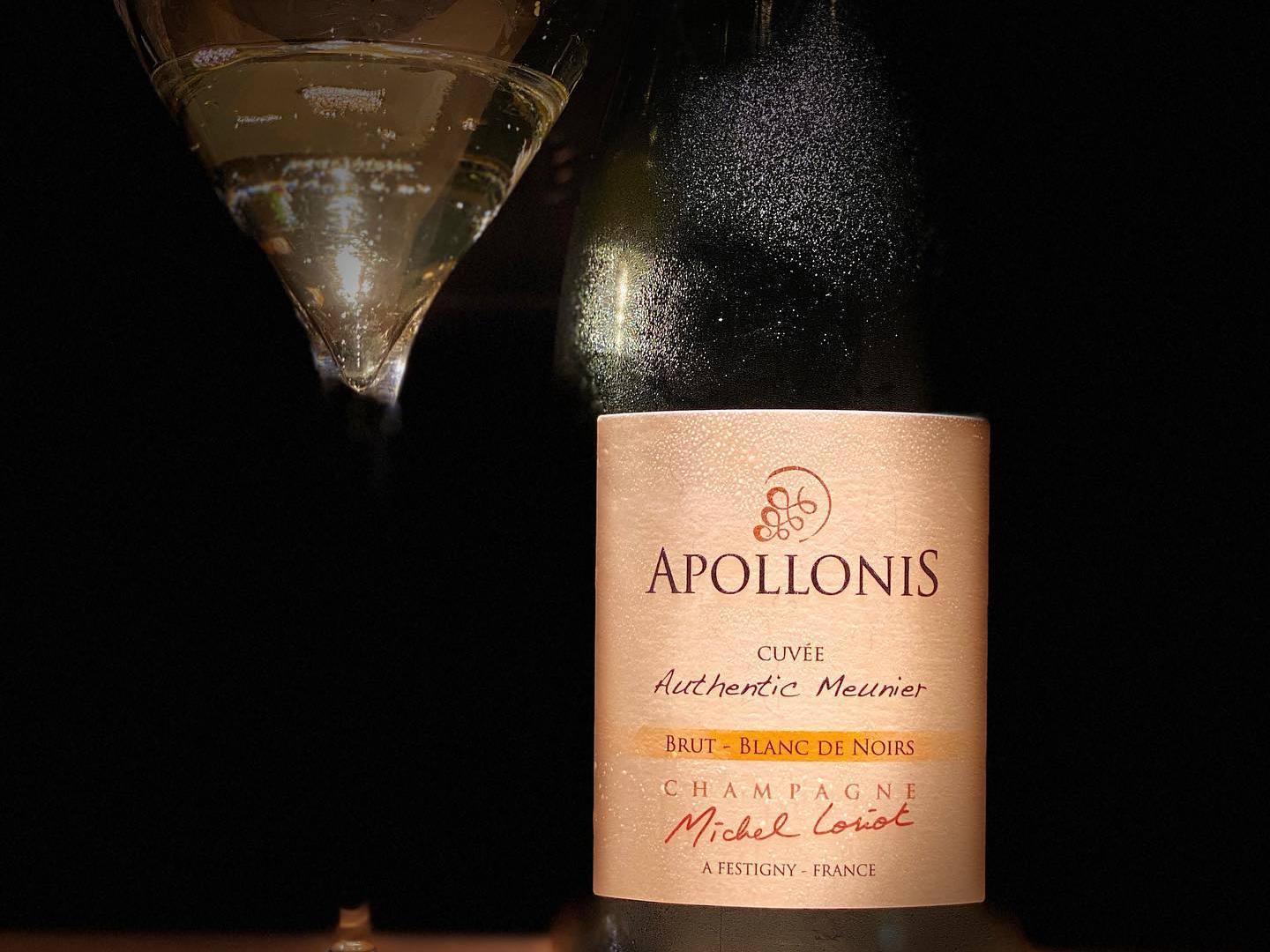
This entire management, dear to Champagne Michel Loriot, guarantees the quality of champagnes.
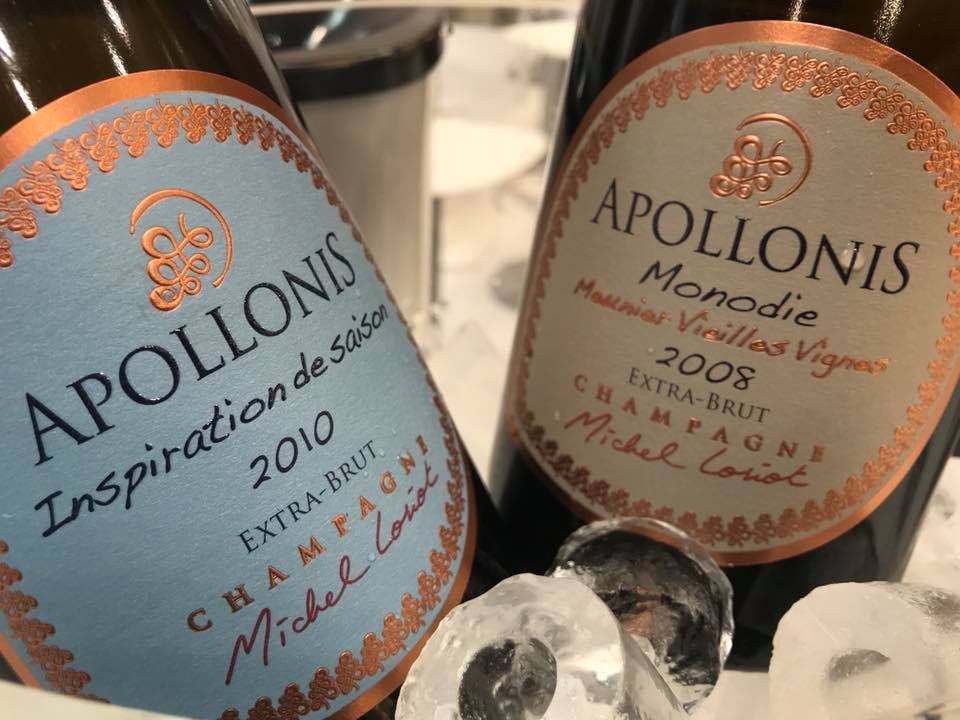
The Music
Since 2010 all the bottles ageing on lees in our cellars are lulled by the sound of the great composers. And since 2012 we have been playing music in our vineyards to stimulate the natural resistance of the vines. Inherited my love of music from my great grandfather, my granfather and my father, all three of them were members of the village band. Germain, my grandfather, was born for music; he would have liked to make music his career, but his path was laid out for him in the vineyards.
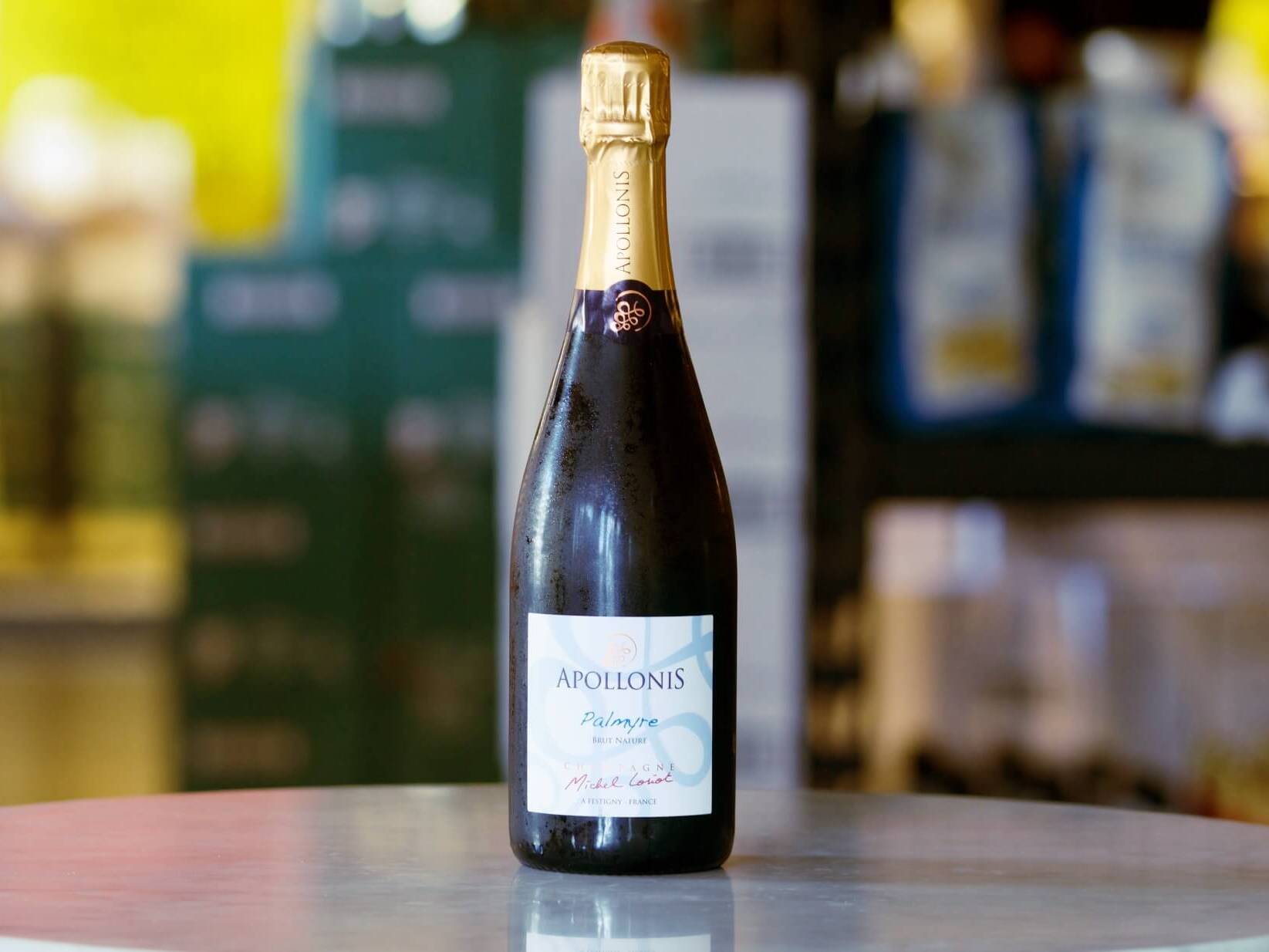
His love of music never disappeared and i spent many an hour listening to him practice on the baritone saxophone; he taught me how to beat time and we used to listen to concerts on the radio together in the afternoon. The village band was disbanded in the 1950s and music lessons in the village stopped too. That’s one the reasons why i’ve never learned to play any instrument, but my grandfather’s spirit is still in me. I don’t just listen to music, i feel it; it gives me emotions and makes me resonate; it make me happy or sad.
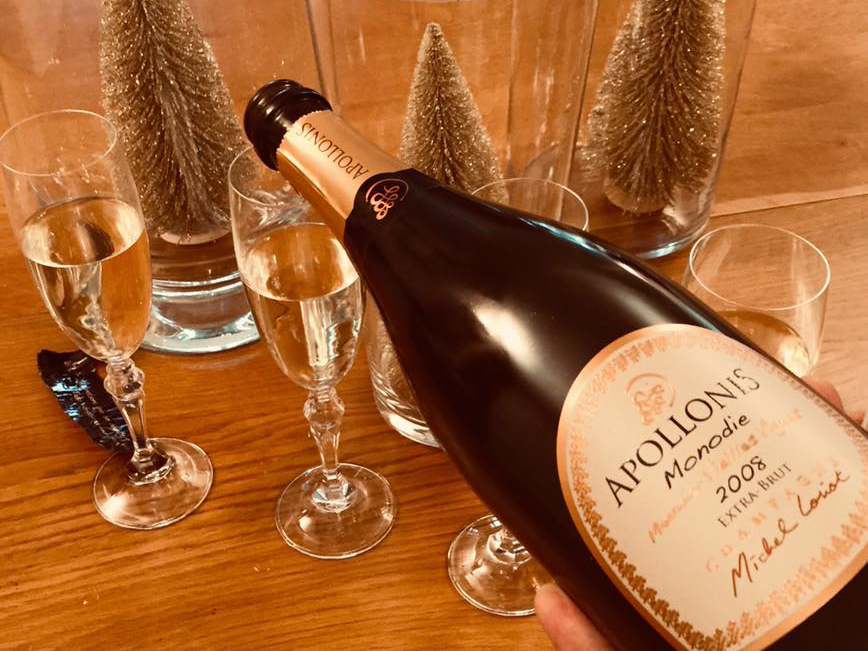
Once, when i was in Switzerland in 2009, i was lucky enaough to visit a winery where the barrels were flooded with music. It took just a few words to convince me. My decision was made: "May champagnes are going to age to the sounds of music tool!"
Products Champagne Apollonis
Champagne Apollonis
Michel Loriot - Quality History

The Loriot family gave the first notes to the Champagne at the end of the 19th century with Leopold (who was born in 1867) and his wife Palmyre Angelina Maximy. Strong figure herself of the Champagne Loriot, she followed the lead of her forebear Mathurin Leboucq, wine grower in Nesle-le-Repons since 1675. A prelude in the heart of La Vallée de la Marne, where Leopold, saxophone player in the Festigny brass band, was the first one to set up a press in the village in 1903. This traditional press has been a symbolic centre piece in the Champagne Michel Loriot’s History. It gave rhythm to many of harvests and is still kept today in the House cellars.

Lo Champagne, The Evolution

In the 1920s, the champagne vineyard faced a devastating phylloxera epidemic. Following advices from Burgundy, Leopold applied to his vine a stopgap process that is new in Champagne, the grafting.

Thus, several plots of Champagne Michel Loriot benefit from a process bearing fruits and previously unseen in Champagne: the music for plants also called "protéodie". Michel LORIOT applies this process to his vine to better resist to diseases and open up.

Indeed, Michel Loriot signs his wine with a selection of great classics. The most famous composers rock the bottled wines.

During two months, the bottle fermentation is made with the sound of the Beethoven’s Pastoral Symphony, or, Mozart, Brahms, Vivaldi or Elgar.
The notes arising from these melodies produced an emotion brought by the music and translated in the champagnes.
The Production - Heart and Passion

In the family wine farm, the passion for music and wine growing is shared by Martine and Michel Loriot, as well as Marie, their daughter, oenologist, and Alban, her husband, production manager.

The tenth generation of wine growers of the family is managing the wine farm.

In the house Champagne Michel Loriot, the work starts from the raw material’s growth and transformation to give clients an exceptional finish during tasting.

To have high quality grapes, Michel Loriot makes a "Grand Cru" pruning, which makes the vines more qualitative and forces them to draw in the soil with more strength.

Thanks to this method, the aromas, reflections of the terroir, are highly concentrated.

The clear wine tasting is a highlight for the Michel Loriot family. Supported by the knowledge and experience the company composes his next cuvées, as a true conductor.
The farm has its own machines and disgorging is made with complete independence.

This entire management, dear to Champagne Michel Loriot, guarantees the quality of champagnes.

The Music
Since 2010 all the bottles ageing on lees in our cellars are lulled by the sound of the great composers. And since 2012 we have been playing music in our vineyards to stimulate the natural resistance of the vines. Inherited my love of music from my great grandfather, my granfather and my father, all three of them were members of the village band. Germain, my grandfather, was born for music; he would have liked to make music his career, but his path was laid out for him in the vineyards.

His love of music never disappeared and i spent many an hour listening to him practice on the baritone saxophone; he taught me how to beat time and we used to listen to concerts on the radio together in the afternoon. The village band was disbanded in the 1950s and music lessons in the village stopped too. That’s one the reasons why i’ve never learned to play any instrument, but my grandfather’s spirit is still in me. I don’t just listen to music, i feel it; it gives me emotions and makes me resonate; it make me happy or sad.

Once, when i was in Switzerland in 2009, i was lucky enaough to visit a winery where the barrels were flooded with music. It took just a few words to convince me. My decision was made: "May champagnes are going to age to the sounds of music tool!"
Products Champagne Apollonis
-
Champagne Apollonis - Authentic Meunier Blanc De Noirs Champagne - Magnum -...
Michel Loriot believes that music interacts with both plants and wine. For this reason, sweet melodies accompany all the various stages of production, from the vineyard to the cellar. Golden, fine and persistent perlage. The nose is expressed with notes of pear and melon and a hint of fresh butter. On the palate it is fresh, savory, lively and with a long...
83,90 € -
Champagne Apollonis - Inspiration De Saison Champagne - 2010 - Pinot Meunier...
Michel Loriot believes that music interacts with both plants and wine. For this reason, sweet melodies accompany all the various stages of production, from the vineyard to the cellar. Golden, fine and persistent perlage. The nose is expressed with notes of quince and citrus, hints of brioche and hints of beeswax. On the palate it is creamy, with good...
60,50 € -
Champagne Apollonis - Authentic Meunier Blanc De Noirs Champagne - Box -...
Michel Loriot believes that music interacts with both plants and wine. For this reason, sweet melodies accompany all the various stages of production, from the vineyard to the cellar. Golden, fine and persistent perlage. The nose is expressed with notes of pear and melon and a hint of fresh butter. On the palate it is fresh, savory, lively and with a long...
43,50 € -
Champagne Apollonis - Les Sources Du Flagot Blanc De Blancs - 2007 -...
Michel Loriot believes that music interacts with both plants and wine. For this reason, sweet melodies accompany all the various stages of production, from the vineyard to the cellar. Gold; fine and persistent perlage. The nose is expressed with notes of plum, hints of honey and hints of minerals. On the palate it is fine, elegant, with good freshness and...
61,50 € -
Champagne Apollonis - Authentic Meunier Blanc De Noirs Champagne - Pinot...
Michel Loriot believes that music interacts with both plants and wine. For this reason, sweet melodies accompany all the various stages of production, from the vineyard to the cellar. Golden, fine and persistent perlage. The nose is expressed with notes of pear and melon and a hint of fresh butter. On the palate it is fresh, savory, lively and with a long...
41,00 € -
Champagne Apollonis - Palmyre Champagne - Pinot Meunier - Luxury Limited Edition
Michel Loriot believes that music interacts with both plants and wine. For this reason, sweet melodies accompany all the various stages of production, from the vineyard to the cellar. Gold; fine and persistent perlage. The nose is expressed with soft fruity nuances, while the palate is lively, clean, with a well-balanced acidity and good persistence....
43,00 € -
Champagne Apollonis - Marie Léopold Champagne - Pinot Meunier - Luxury...
Michel Loriot believes that music interacts with both plants and wine. For this reason, sweet melodies accompany all the various stages of production, from the vineyard to the cellar. Gold; fine and persistent perlage. The nose is expressed with soft fruity nuances, while the palate is lively, clean, with a well-balanced acidity and good persistence....
42,00 € -
Champagne Apollonis - Patrimony Champagne - Pinot Meunier - Luxury Limited...
Michel Loriot believes that music interacts with both plants and wine. For this reason, sweet melodies accompany all the various stages of production, from the vineyard to the cellar. Golden with a subtle and persistent perlage. The nose is fine and is expressed with dominant notes of citrus and apple. On the palate it is fresh, with a strong mineral...
40,50 € -
Champagne Apollonis - Théodorine Rosé Champagne - Pinot Meunier - Luxury...
Michel Loriot believes that music interacts with both plants and wine. For this reason, sweet melodies accompany all the various stages of production, from the vineyard to the cellar. Salmon pink color; fine and persistent perlage. The nose is expressed with notes of strawberry and raspberry, floral hints and a hint of cinnamon. On the palate it is fresh,...
42,00 €



